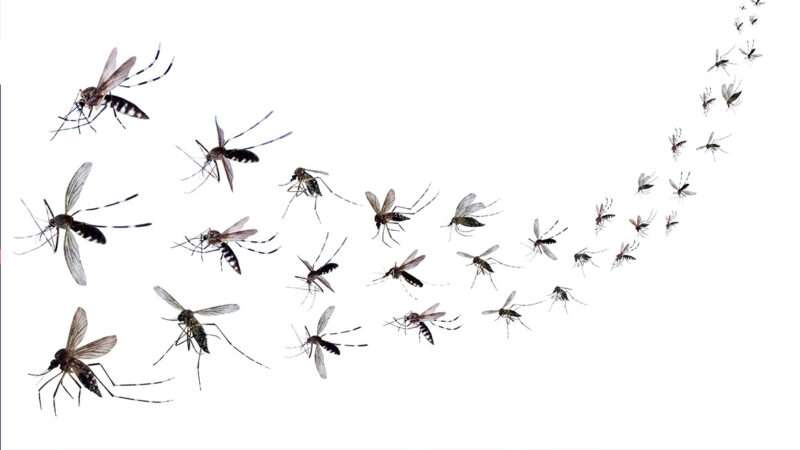
For the first time in 20 years, nine cases of locally acquired malaria have occurred this summer in the United States: seven in Florida, one in Texas, and one in Maryland. The feverish illness is caused by infection through the bites of mosquitoes carrying protozoan parasites.
The parasites were introduced to the Americas via colonization and the transatlantic slave trade and adapted to local mosquito species. "By 1850 malaria had become established in practically every settlement from New England westward to the Columbia River valley and from the southernmost part of Florida to the inland valleys of California," wrote the Tulane University parasitologist Ernest C. Faust in 1951. The U.S. Census Bureau reported that in 1850, malaria was responsible for 45.7 out of every 1,000 deaths nationally and 7.8 percent of deaths in the South.
The Communicable Disease Center declared malaria eradicated in this country in 1951. Today that entity, now known as the Centers for Disease Control and Prevention, typically reports around 2,000 cases of malaria annually contracted by travelers returning to the U.S. from abroad. The World Health Organization estimates that there were nearly 250 million cases and 620,000 deaths from malaria in 2021, concentrated in sub-Saharan Africa.
Back in 2014, in my article "Let's Play God," I asked, "Wouldn't it be great if scientists could genetically engineer mosquitoes to be immune to the malaria parasite, thus protecting people from that disease?" Nearly 10 years later, a team of biotechnologists associated with the University of California, Irvine; the University of California, Berkeley; and Johns Hopkins University report that they have achieved just that.
According to the researchers' July article in the Proceedings of the National Academy of Sciences, their malaria-carrying mosquito species received genes coding for anti-malaria proteins combined with a gene drive to spread the code quickly in wild mosquito populations that mate with the engineered insects. Normally, genes have a 50–50 chance of being inherited, but in this case, the gene drive systems increased the chance of inheriting the anti-malaria genes to upward of 99 percent. Applying an epidemiological model, the researchers calculated releasing the bioengineered mosquitoes to interbreed with wild ones would reduce the incidence of human malaria infections by more than 90 percent within three months.
Unfortunately, various Luddite activist groups seeking a global moratorium on gene drives have managed to tie up research and deployment with red tape, using United Nations Convention on Biological Diversity (CBD) procedures. A CBD technical committee is supposed to issue a risk assessment report on the technology in 2026, while hundreds of millions already know the real and present risks of life without it.
The post New Mosquitos Can Help Beat Malaria appeared first on Reason.com.







